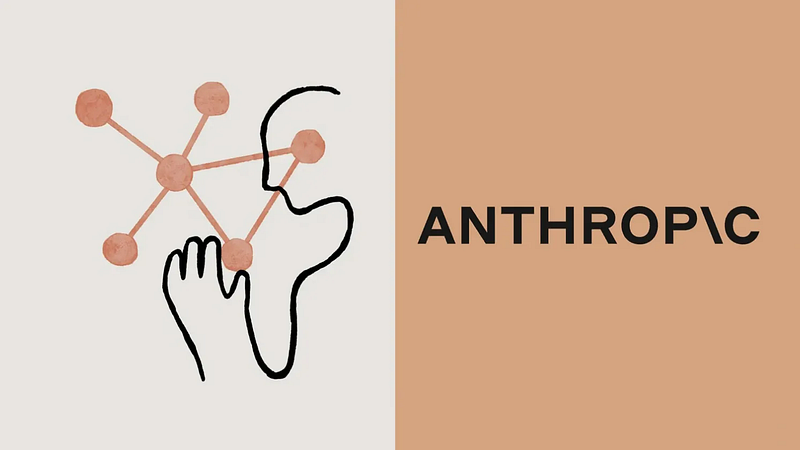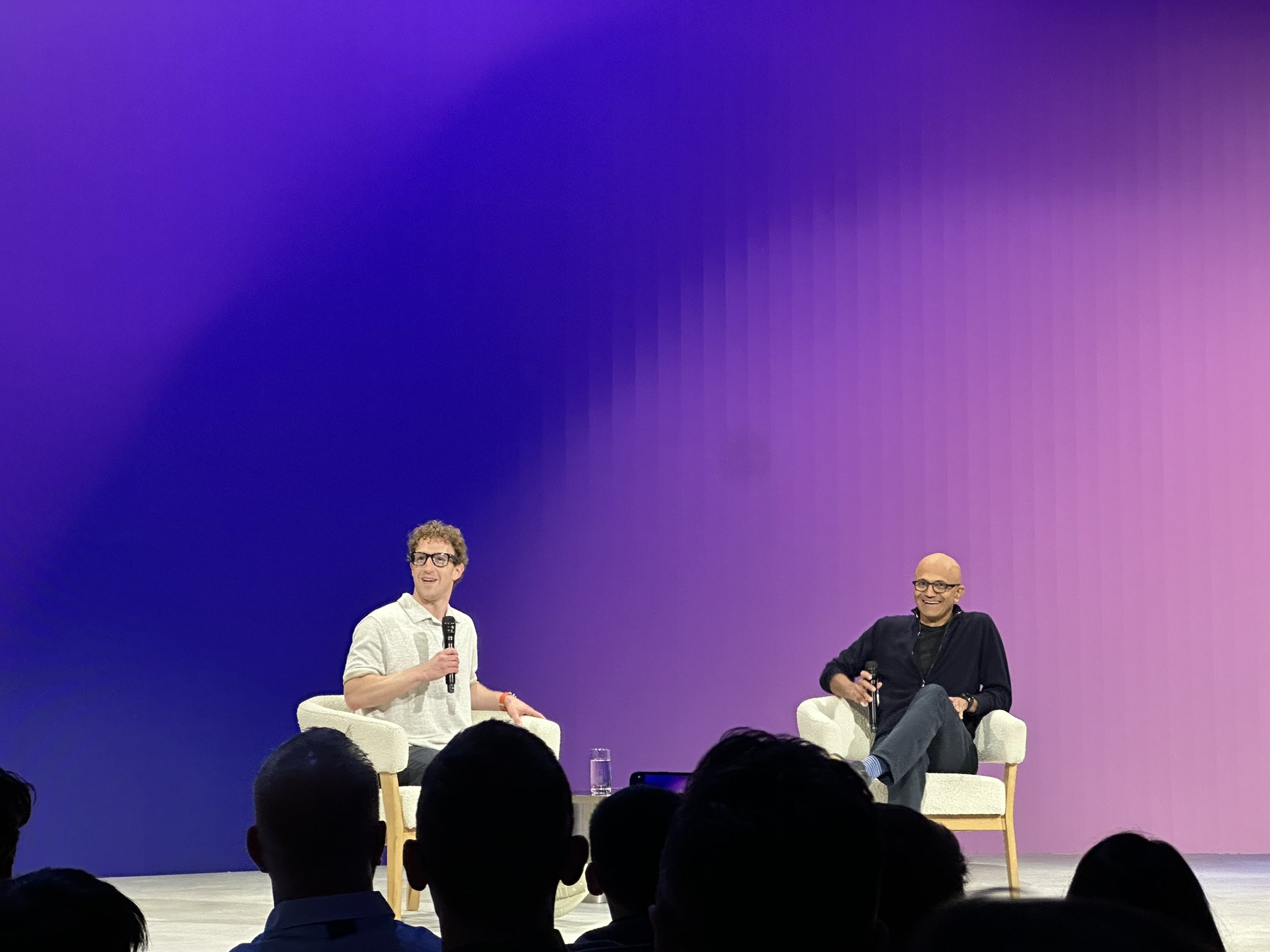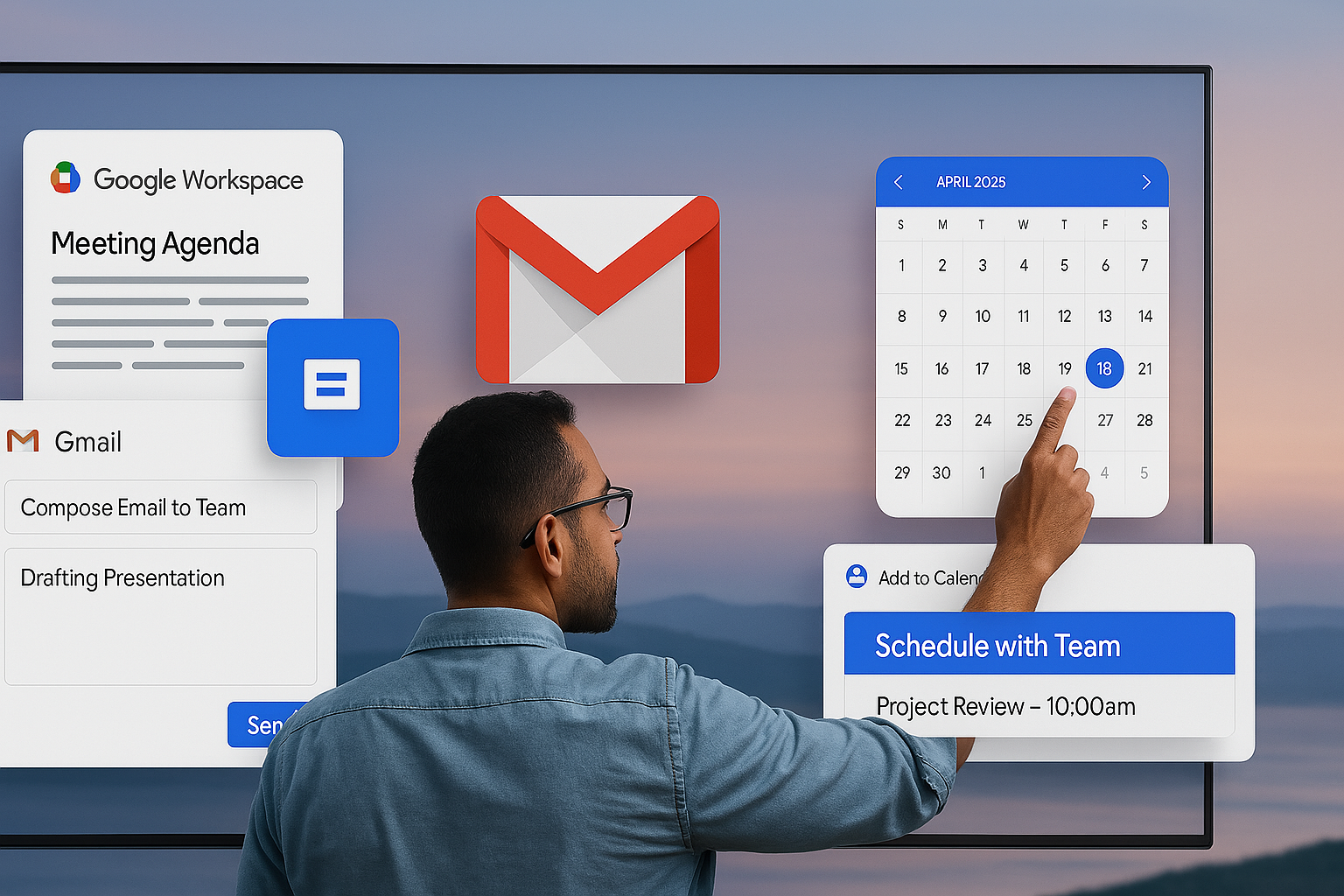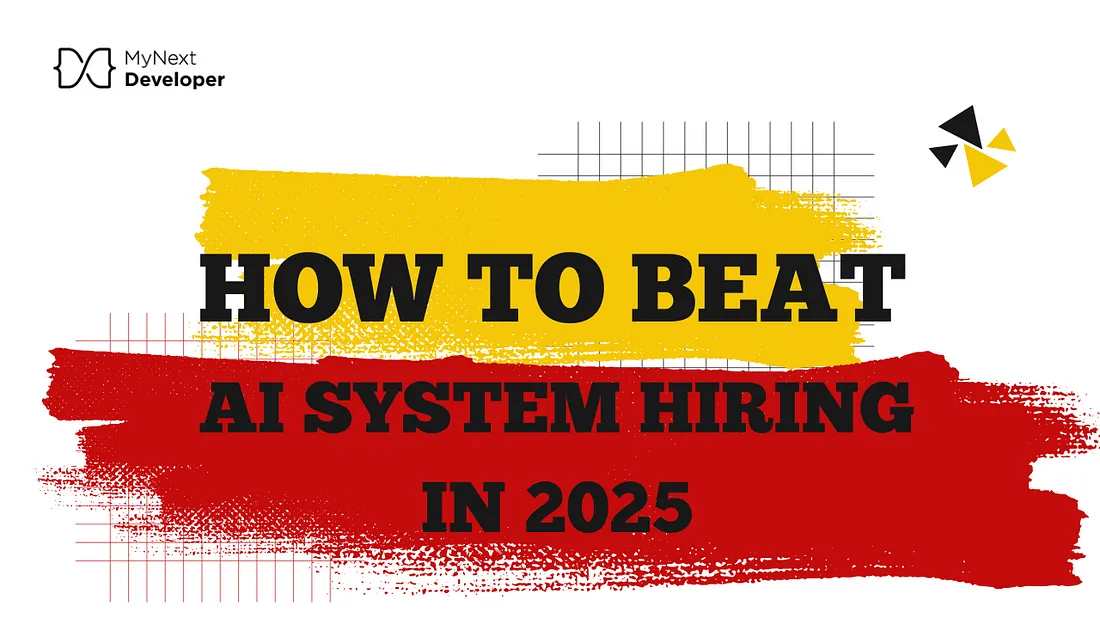Anthropic launching the Model Context Protocol (MCP)
Anthropic launching the Model Context Protocol (MCP)
Anthropic is an AI safety and research company based in San Francisco, focusing on creating reliable and beneficial AI systems. Founded by former OpenAI employees, the company aims to prioritize safety in its AI developments, particularly through its flagship model, Claude. Recently, Anthropic has made headlines with the launch of its latest model, Claude 3.5 Sonnet, which introduces groundbreaking capabilities for AI agents to interact with computers much like humans do. This development not only enhances the functionality of AI but also raises important implications for how we perceive and utilize AI technologies in daily workflows.

AI Agents and Agentic Workflows
AI agents are systems designed to perform tasks autonomously or semi-autonomously, utilizing various algorithms and models to make decisions based on input data. Agentic workflows refer to processes where these AI agents operate independently to achieve specific goals, often involving complex decision-making and task execution. The rise of AI agents signifies a shift towards automation in numerous sectors, enabling businesses to streamline operations and enhance productivity.
MCP Architecture
The Model Context Protocol (MCP) is a pivotal component of Anthropic’s strategy to evolve AI agents. It serves as an open protocol that allows any AI assistant to connect seamlessly with diverse data sources and applications. This architecture facilitates a more integrated approach to data retrieval and task execution, moving away from the fragmented integrations that have characterized previous AI models.
Role of MCP in Evolving AI Agents
MCP plays a crucial role in advancing the capabilities of AI agents by providing a standardized method for interaction across various platforms. By enabling AIs like Claude 3.5 Sonnet to access and utilize information from multiple applications, MCP enhances the efficiency and effectiveness of these systems. This capability is particularly significant as it allows for more complex workflows that can adapt to user needs without requiring extensive programming.
Launching MCP & Development Workflow
The launch of MCP has been accompanied by a focus on developer engagement and feedback. Anthropic has released Claude 3.5 Sonnet in beta mode, encouraging developers to experiment with its capabilities while providing insights for further refinement. This iterative development workflow emphasizes collaboration between Anthropic’s engineering teams and external developers to enhance the model’s performance and usability.
Anthropic’s MCP architecture differs from other AI models
Anthropic’s Model Context Protocol stands out in the evolving landscape of AI integration by offering a universal, open-source solution that simplifies connectivity between AI models and diverse data sources. Its emphasis on local-first architecture enhances security while promoting efficient workflows for developers. As organizations increasingly seek ways to leverage AI effectively, MCP could become a foundational tool that not only empowers individual applications but also fosters a collaborative ecosystem for future innovations in artificial intelligence. The potential for MCP to revolutionize how we connect AI with real-world data is immense for making it a protocol worth watching as it develops further in the coming months.
Learning from the Past: The Evolution of SOA
The evolution of Service-Oriented Architecture (SOA) offers valuable lessons for the development of MCP. SOA transformed how applications communicate by promoting interoperability among services through standardized protocols. Similarly, MCP aims to establish a common framework for AI interactions, potentially revolutionizing how applications share data with AI systems and enhancing overall functionality.
Challenges and Limitations of MCP
Despite its promising features, MCP faces several challenges and limitations. These include ensuring robust security measures to protect sensitive data during interactions between AI agents and applications. Additionally, as developers begin to adopt MCP, there may be concerns regarding compatibility with existing systems and the need for ongoing support as technology evolves.
Conclusion
Anthropic’s introduction of the Model Context Protocol marks a significant milestone in the evolution of AI agents. By enabling more sophisticated interactions between AIs and computer systems, MCP paves the way for enhanced automation and efficiency across industries. The future holds exciting possibilities as we harness the capabilities of advanced AI systems like Claude 3.5 Sonnet — an innovation that promises improved productivity and challenges us to rethink our relationship with technology.
Ready to build your tech dream team?
Check out MyNextDeveloper, a platform where you can find the top 3% of software engineers (AI engineers) who are deeply passionate about innovation. Our on-demand, dedicated, and thorough software talent solutions are available to offer you a complete solution for all your software requirements.
Visit our website to explore how we can assist you in assembling your perfect team.





